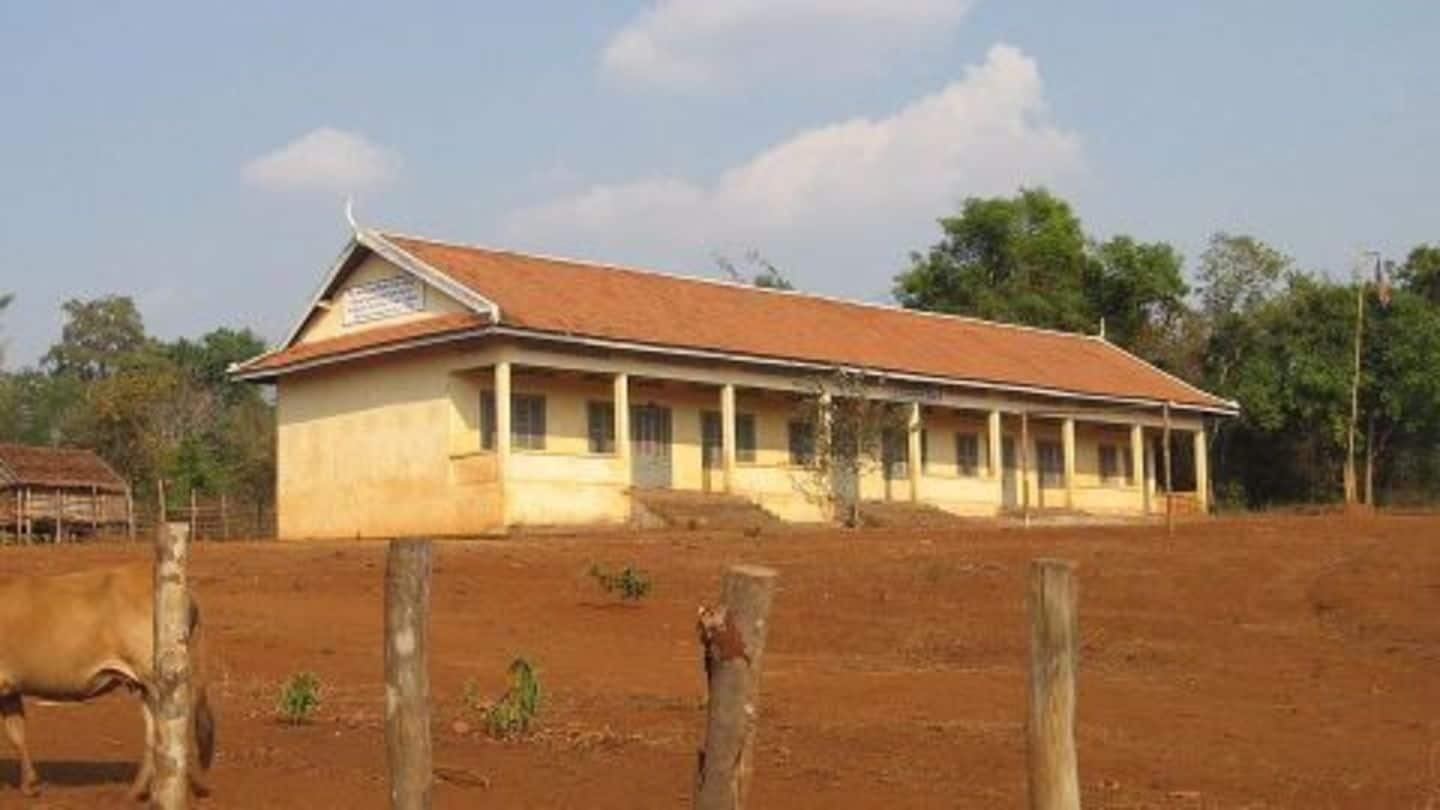
882 tribal students died in residential schools during 2010-15
What's the story
In an appalling revelation brought forth by a Right to Information query, 882 children studying in state-run residential tribal schools have lost their life during 2010-15.
These deaths pertain to administrative apathy which manifested as an absence or lack of basic facilities in these schools.
684 students died in Maharashtra while Odisha reported 155 deaths, Gujarat reported 30 and Andhra Pradesh reported 13.
Introduction
Provisions for scheduled tribes
Schedule V of the Indian Constitution provides for protection and administration of scheduled areas and scheduled tribes.
Scheduled areas with majority tribal population have been demarcated in 10 states Andhra Pradesh, Telangana, Jharkhand, Gujarat, Himachal Pradesh, Maharashtra, Madhya Pradesh, Chattisgarh, Odisha, and Rajasthan.
The government runs residential schools- Ashram schools, Eklavya schools, etc. in these states for the education of tribal students.
Reasons
Why are the deaths happening?
State governments mention the major causes of deaths as suicide, blood cancer, jaundice, brain TB, rabies, snake bites, malaria, cerebral malaria, meningitis, typhoid and scorpion bites.
In many cases, schools did not establish the reasons for death.
However, the fundamental reasons are the lack of adequate amenities like toilets which force students to go out in open and get stung by scorpions or snakes.
Compensation
Even the compensation is not paid to parents
According to the RTI reply, Andhra Pradesh provides a compensation of Rs.5,000 to grief-stricken families (Rs.3,000 exgratia and Rs.2,000 for funeral charges).
Other states pay between Rs.50,000-Rs.1,00,000 per family.
However, the track record of state governments in providing compensation is extremely poor. While Maharashtra has not paid any compensation to 145 families, Odisha and Gujarat have not paid 43 and 19 families respectively.
Response
What was the administrative response?
According to the Union Tribal Affairs Minister, Jual Oram, although the Centre does not have a monitoring mechanism, it does ask for reports and issues advisories.
The Maharashtra government initiated a massive WASH (Water, Sanitation, and Hygiene) for the construction of toilets and drinking water facilities.
According to the Odisha SC ST development secretary, in cases of irregularities, teachers have also been dismissed.
Information
Carrot stick policy a solution?
The former Tribal Affairs Minister, VK Chandra Deo, has criticised the centre's stand and said that they can adopt a "carrot-stick policy" by linking funds disbursal to quality for improving the status of residential tribal schools.